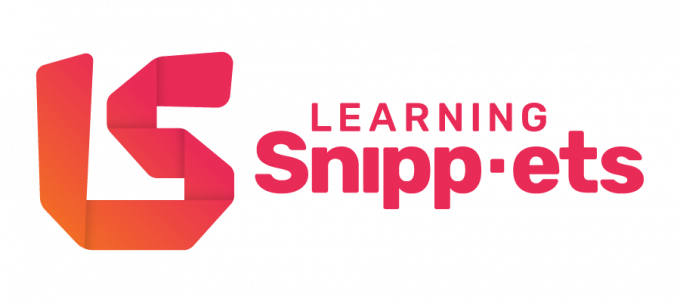
Can We Avoid Burnout?
We often use the term “burnout” as a vague label for an exhausting day or week of hard work, but actual burnout is more than

What we do know, as we look toward the future, is that around 72% of workplaces plan to move toward a hybrid workplace (Steelcase Global Report). After surveying more than 400 employees who transitioned to remote work in 2020 and 2021, Dr. Aaron Barth from Dialectic and Bev Attfield from Jostle found – among other things – that working remotely has created new barriers to workplace belonging.
The central insights found in The Impact of Remote Work on Inclusion state:
If left unchecked, these outcomes may get worse as hybrid work becomes the new standard. Companies that are made up of isolated, burned out and disengaged employees experience higher levels of turnover. The question remains: What does your company need to do to avoid the negative effects of hybrid work on your employees and bottom line?
This includes:
This includes:
This includes:
This includes:
This includes:
In a hybrid workplace, it’s more important than ever to provide employees with effective inclusion training that meets them where they are. Learning Snippets empowers forward-thinking leaders and teams to reframe their thinking about inclusion. These microlearning scenarios, backed by learning science, help you and your teams to build inclusive habits and address cognitive biases.
Hybrid work is still so new. As much as leaders and companies want to ‘flip the switch’ to this new way of working, the most important takeaway is that this just isn’t possible yet. Companies that experiment, adapt to new information, and who continue to listen to the needs of their employees will be the ones that best harness the power and opportunity of remote work.
Want more information on how to support your staff using Learning Snippets? Try Snippets for FREE.

We often use the term “burnout” as a vague label for an exhausting day or week of hard work, but actual burnout is more than

At Dialectic, we think a lot about DEI, soft skills, and leadership training that makes organizations more inclusive and human-friendly. When we team up with

Ageism commonly affects women over 40 in the workplace. In spite of their tremendous wisdom and experience, women over 40 may be passed over for
Dialectic helps organizations improve the way people work, learn, and collaborate through person-centred design and the latest in social science.

Does your team struggle with soft skills?
Use our app or upload Snippets to your LMS to build better habits in minutes with scenario-based microlearning.
Sign up for our weekly roundup of the latest on DEI, leadership, collaboration, and learning science.
© 2024 Dialectic. All rights reserved. | Contact Us | Privacy Policy | Terms of Use | AODA Statement
See how easy it is to activate soft skills in your organization. Soft skills training on 3 key topics: DEI, Leadership, and Collaboration.